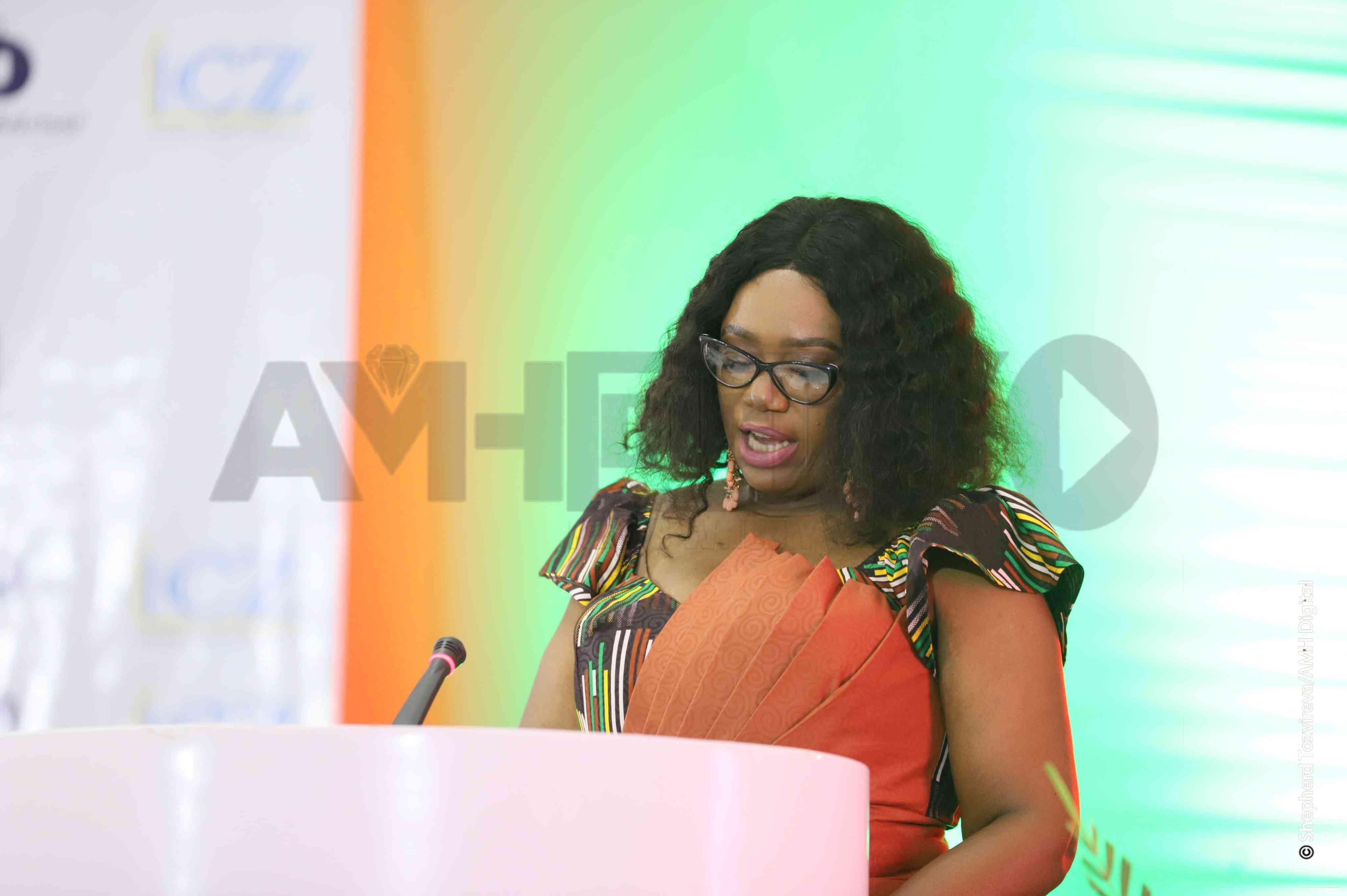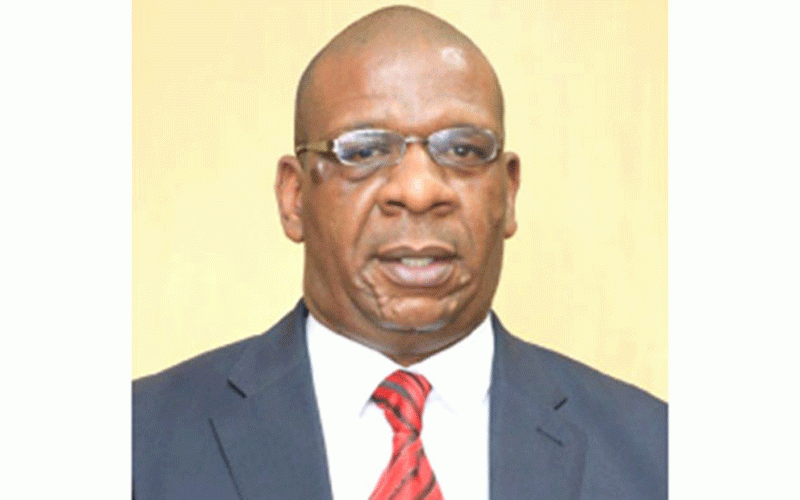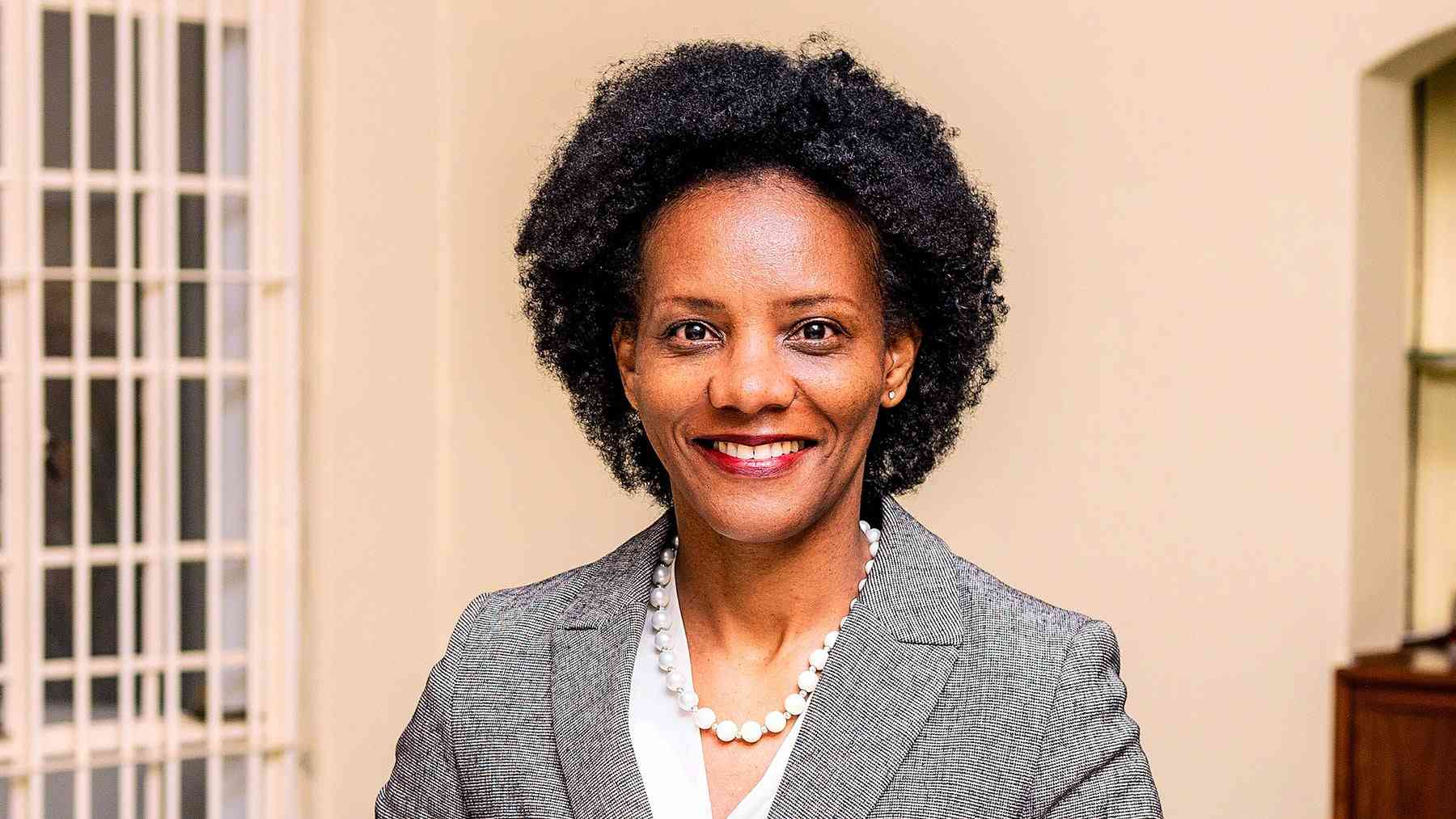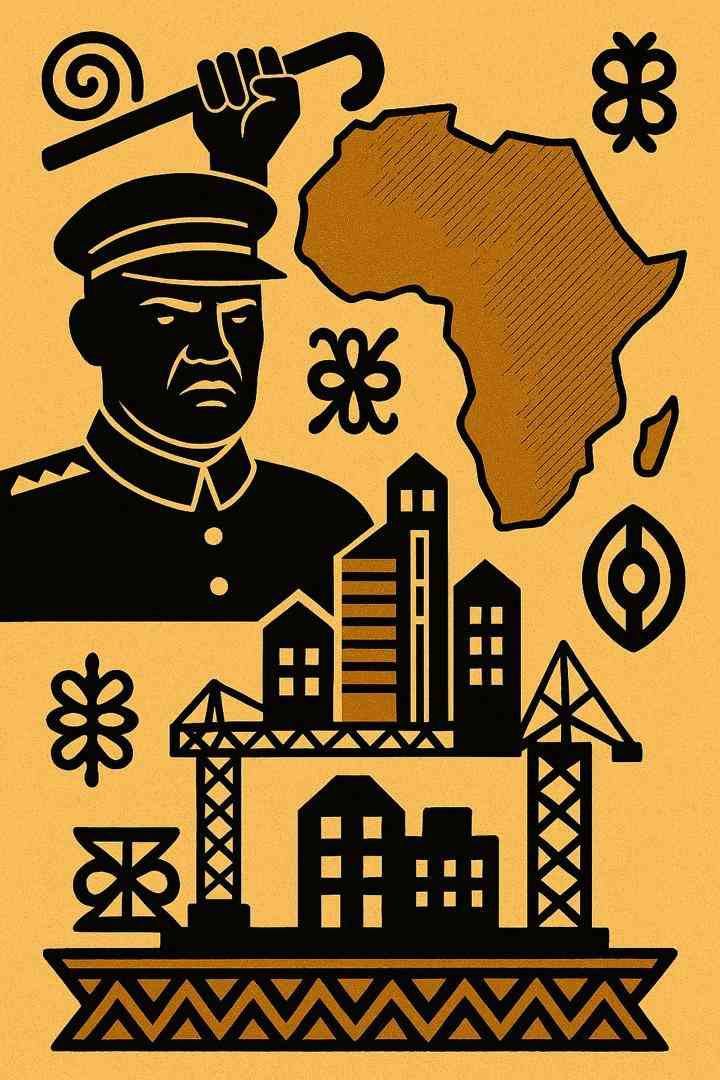
Susan Makore, Women in News Africa
A STUDY by the think-tank Demos found that on Twitter, female journalists receive roughly three times as much abuse as their male counterparts. A poll by the International Women's Media Foundation found that two-thirds of respondents reported that they faced violent and sexual threats online in response to their work. When women journalists are the target, online harassment quickly descends into sexualised hate or threats more often than with men.
Maureen Mazanhi, Legal Resources Foundation
The Constitution of Zimbabwe provides for equality and non-discrimination, citing that all persons are equal before the law and have the right to equal protection and benefit of the law. However, despite having various equality laws and policies in place, women continue to be marginalised and have yet to achieve full realisation of their rights.
Whilst acknowledging the efforts of the judiciary to place technological gadgets at courts and people, who assist, without aggressive awareness raising the use of technology in the justice system can be an impediment to access to justice as women lag behind in the use of technology, especially in marginalised communities.
However, these developments are coming at a time when even in the purely paper-based court system, women have had challenges with accessing justice because of the lack of knowledge of their rights, lack of legal awareness on court procedures. With digital and technological advancements in the legal sphere, gender digital divide issues come into play as women generally have a low uptake.
Digital and technological advances shall continue and are much-needed in this era as undoubtedly advantages arise from its use in law and the justice sector.
There is need, however, to be cognisant of the information that is disseminated as some information may lack sensitivity to the literacy levels of marginalised groups such as women.
- Quotes from Women’s Day
Keep Reading
Sibo Muteiwa, Potraz head of marketing and international relations
Today (March 8) is an opportunity for us to recognise the power that women have in birthing life, discerning on life, communities, businesses, economies, and countries every day. The rich achievement today is that we are now able to gather and celebrate women in our different spheres of influence and the contribution we have made to shift the narrative of women globally. We still need to conquer. We must have more women on boards and corporate positions of leadership, not because they are women only, but because of the power of their/our mind (s).
Today, we honour phenomenal women such as Mbuya Nehanda, Gogo NaDelina, Cathrine Johnson, Madamme C.J. Walker, and others, some of whom have received little to no recognition over the years. They shattered glass ceilings and did something which was not ordinary for women at that time but remain with little or no recognition.
"Until the lion learns to write, the story will always glorify the hunter" African Proverb.
To women of today, there are no limits to what you can do or achieve, learn your craft, master it, go out there and prove that you have the best solution for real board, corporate, entrepreneurship, business or economic problems. The wings are yours; the sky belongs to nobody. Happy Women's Day!
Henrica Makulu
I am a Microsoft certified data scientist and that certification cost me nothing. I got it online. I went on Google and realised that Zimbabwe had no data scientist and I worked my way in becoming one. Disrupting yourself is to be ready to be ahead of technology, developing yourself to learn those things that are free online.
Vanessa Kambasha, Uncommon Organisation digital marketing manager
Technology plays a crucial role in today's world, and young people are the most significant users of technology. However, women face significant challenges in harnessing technology benefits, including lack of access to technology, digital literacy and gender stereotypes and discrimination. It is essential to empower women to harness technology as it can improve their economic, social and political status.
Why women should harness technology?
Access to technology and the ability to use it can effectively improve and empower their economic, social and political status and promote gender equality.
Gender stereotypes and discrimination
Gender stereotypes and discrimination limit women's contribution to technology development and opportunities.
Digital literacy is the ability to use digital tools effectively. Many women lack digital literacy skills. Access to technology is critical for harnessing its benefits.
However, many women around the world do not have access to technology due to economic, cultural and social factors. This lack of access hinders women's ability to use technology to its full potential.
Faith Zaba, editor, Zimbabwe Independent
Like all other industries, the tech industry is biased. Women get fewer opportunities to work in tech. Traditionally, tech was a male-dominated field, so only a few women made it to the top positions. As a result, women may feel discouraged about venturing into tech. But times are changing, and more women are gaining ground in tech. There is a slow but steady increase in the number of women in tech. And as this growth continues, more and more women will be in tech soon.
Organisations should create gender-neutral job descriptions to encourage women to apply. Moreover, hiring companies need to motivate women by giving them equal pay as their male colleagues.
Hiring boards should have women’s representatives to avoid gender bias in the hiring process. Also, the hiring policies should ensure gender bias does not take place. Companies should have inclusive cultures that do not make women feel left out.
If top tech companies give women a fair share in senior positions, this move can help encourage younger women interested in pursuing a career in tech.
Encourage inclusive practices at companies you work with. Change starts with speaking up, so donot be afraid to say something when you know it could be different or you are being treated unfairly. When everyone contributes to making the workplace a better environment, change becomes more active and realistic.
Several organisations want to help more women to get into tech. They do this by providing financial support. This kind of support enables women entrepreneurs to start tech-related businesses.
Locally, we have organisations like Friedrich Naumann Foundation that promotes and assists young girls to be innovators. We must emphasise education in tech.
Marilyn Mosha, chief marketing and sales officer at WestProp Zimbabwe
I was privileged to be in a room full of women from all facets of life, budding future business women, champions in the transformative technology, users and implementers of IT.
Learned about the impact technology has in the areas of innovation, change management and operations, IT and data-driven strategy, IT projects, business and analytics.
Technology can streamline business activities, improve healthcare, education system and workplace. Also was inspired by the go-getters and those that broke the glass ceiling.
That digital transformation can bring a number of benefits to all organisations, including increased efficiency, transparency, and engagement. However, there are also some challenges that need to be considered, such as data security and privacy concerns.
Tatenda Machirori. ZimTrade client manager
In this current time, it is important that entrepreneurs are equipped with all necessary tools to capacitate their businesses. This includes technology tools as well as information and knowledge on how to trade beyond borders.
There is need to embrace trade with technology in order to stay relevant. Embracing technology can help entrepreneurs to reduce costs and increase profitability by outsourcing tasks and creating a more visibility in the virtual space thus reducing overheads.
Samantha Sibanda, Signs of Hope Trust
We are now living in the digital era with over 4,5 million internet users in Zimbabwe. People use the internet for research and online transactions as well.
However, people with disabilities remain marginalised even in the internet because of high data costs (most are unemployed); poverty (they cannot purchase phones); formal financial services, such as Innbucks and Ecocash, even banking require documents such as IDs.
More than 20% of people with disabilities donot have IDs and this makes them one of the financially excluded groups as identified by the National Financial Inclusion Strategy 2.
Some applications and websites remain inaccessible and very difficult to navigate for people who use assistive technology such as blind people who use screen readers.
Some of my recommendations are that we need to make deliberate efforts to make the internet accessible including enacting legislation that allows people to sue for inaccessibility. Companies with inaccessible websites are losing up to six billion a year, according to research
We thank the Ministry of Finance that reversed the decision to have a US$50 tax levied on new devices as proposed in the national budget statement in 2022.
This would have made it more costly to own a cell phone.
But we need to allocate a budget for increasing IT education for people with disabilities maybe by using the existing technical colleges. Government should introduce tax incentives for companies that invest in assistive technology and other innovative technology that benefits People with Disabilities.
If we work on inclusive/universal designs, it does not only benefit people with disabilities but everyone.











